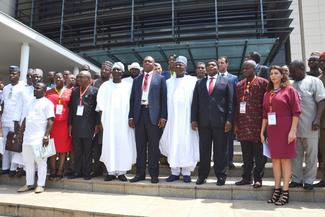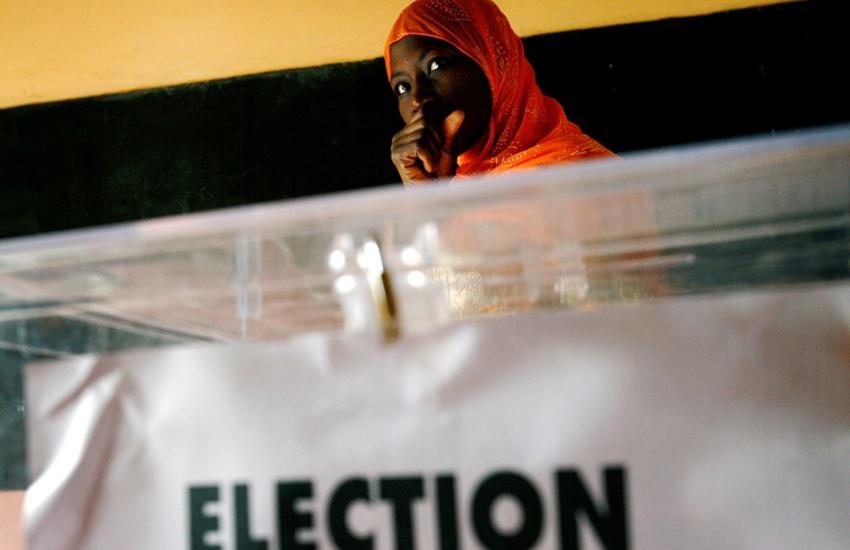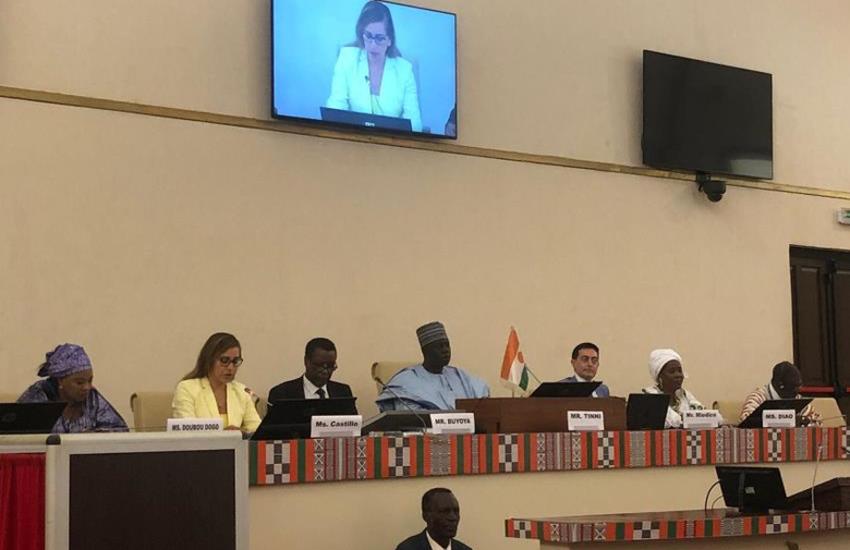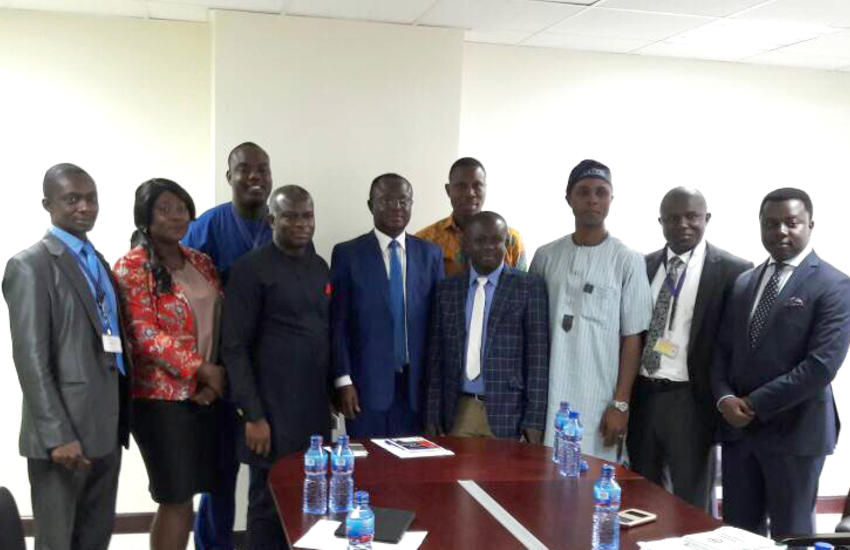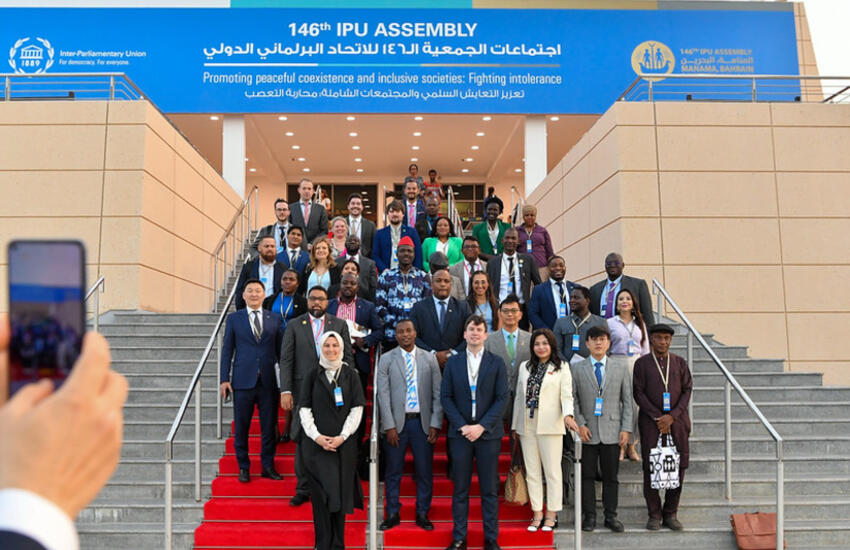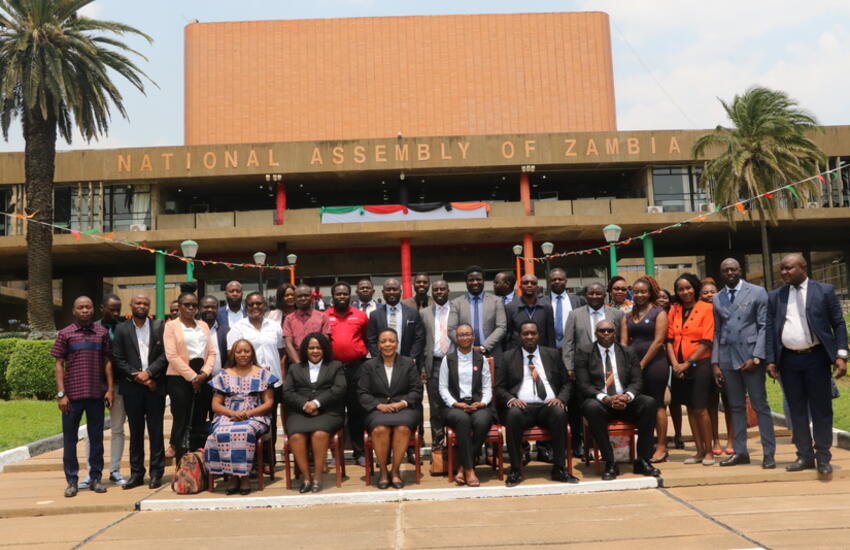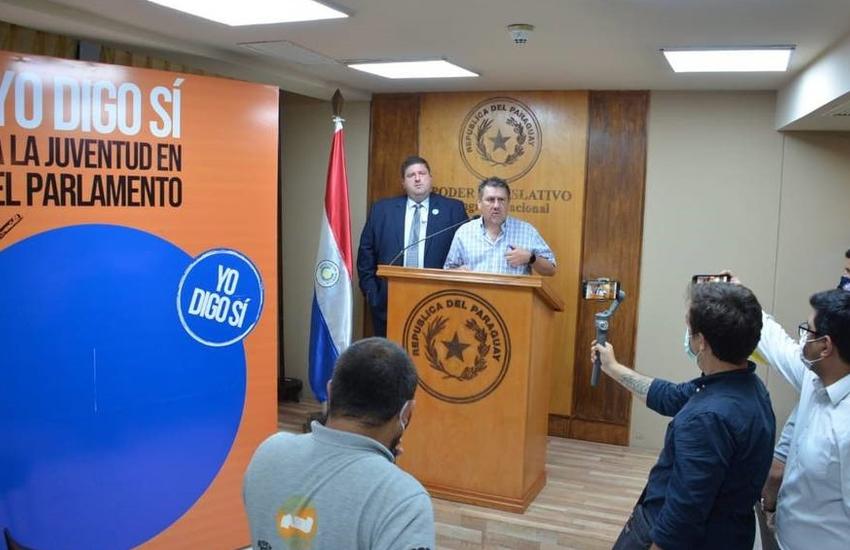“We have heard enough talk, it is time to step up efforts and take strong and bold action now!” With these words in the outcome document, young MPs at the Regional Conference of Young Parliamentarians of Africa declared their determination to increase the number of young people in parliament. IPU research shows that although young people under 30 make up approximately 70 per cent of the African population, they make up less than 1.5 per cent of all MPs.
The Regional Conference, was co-organized by the IPU and the Parliament of Nigeria in Abuja, Nigeria, on 27 and 28 September 2017 and was attended by 200 participants from 15 countries.
The young African MPs agreed that measures were needed to increase youth participation in politics. These included laws to facilitate the election of young people; space in political parties for young people as candidates and not just as campaigners; support by young MPs for the candidature of young people; and public funding for youth wings of political parties. Inspired by the Not Too Young to Run bill in Nigeria, participants emphasized the importance of aligning ages of eligibility to sit in parliament with the voting age to open parliament up to more young representatives. Participants also called for well-designed and well-funded policies and programmes to empower young people, not just politically, but also socially, economically and culturally.
Participants expressed grave concern over the growth of violent extremism, and examined how political participation could help to prevent it. Violent extremism is fuelled by marginalization, whether it is poverty, discrimination or lack of education and employment opportunities. Involving young people in politics gives them a voice and makes them less vulnerable to those with extremist agendas. Participants at the conference made several recommendations to fight this scourge, including the need for countries to have plans of action on violent extremism and include youth in policy making; effective oversight of security-focused interventions; educational programmes that teach human rights and gender equality; and the empowerment of women and girls.





